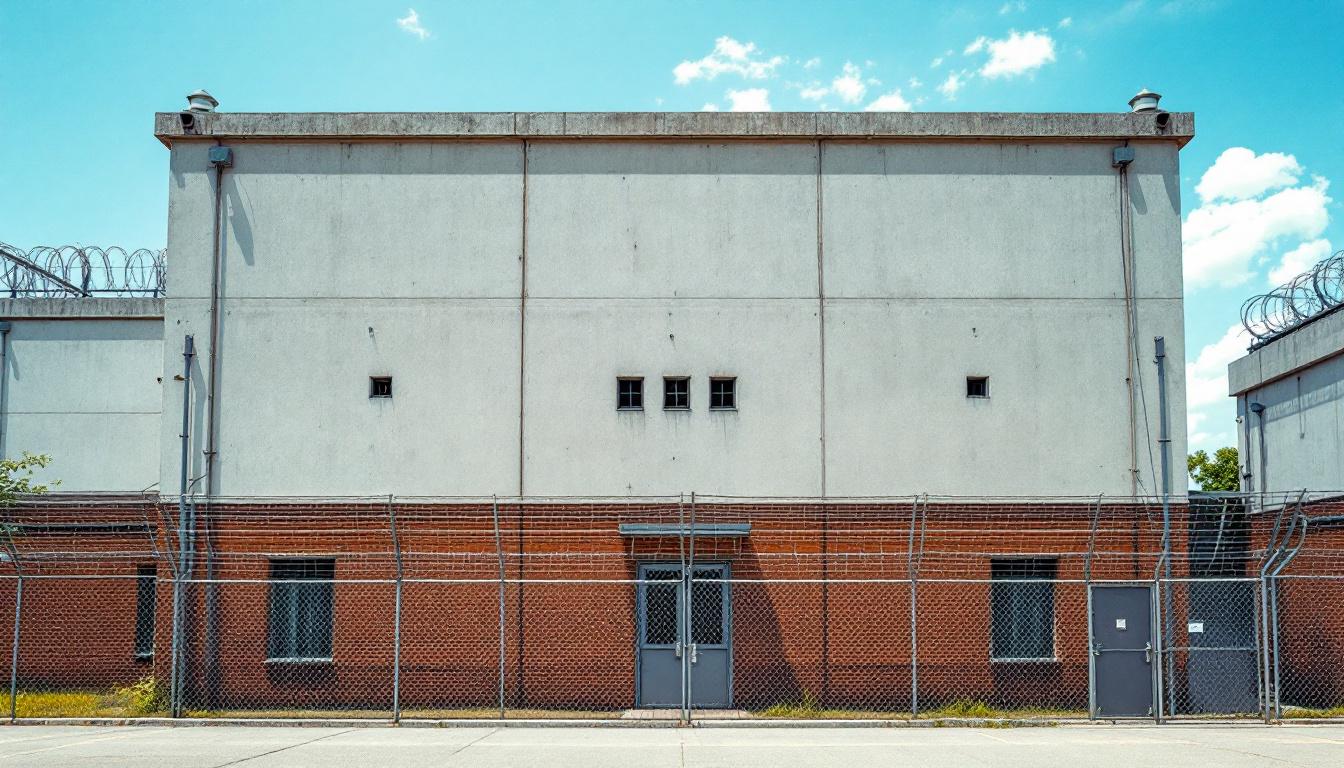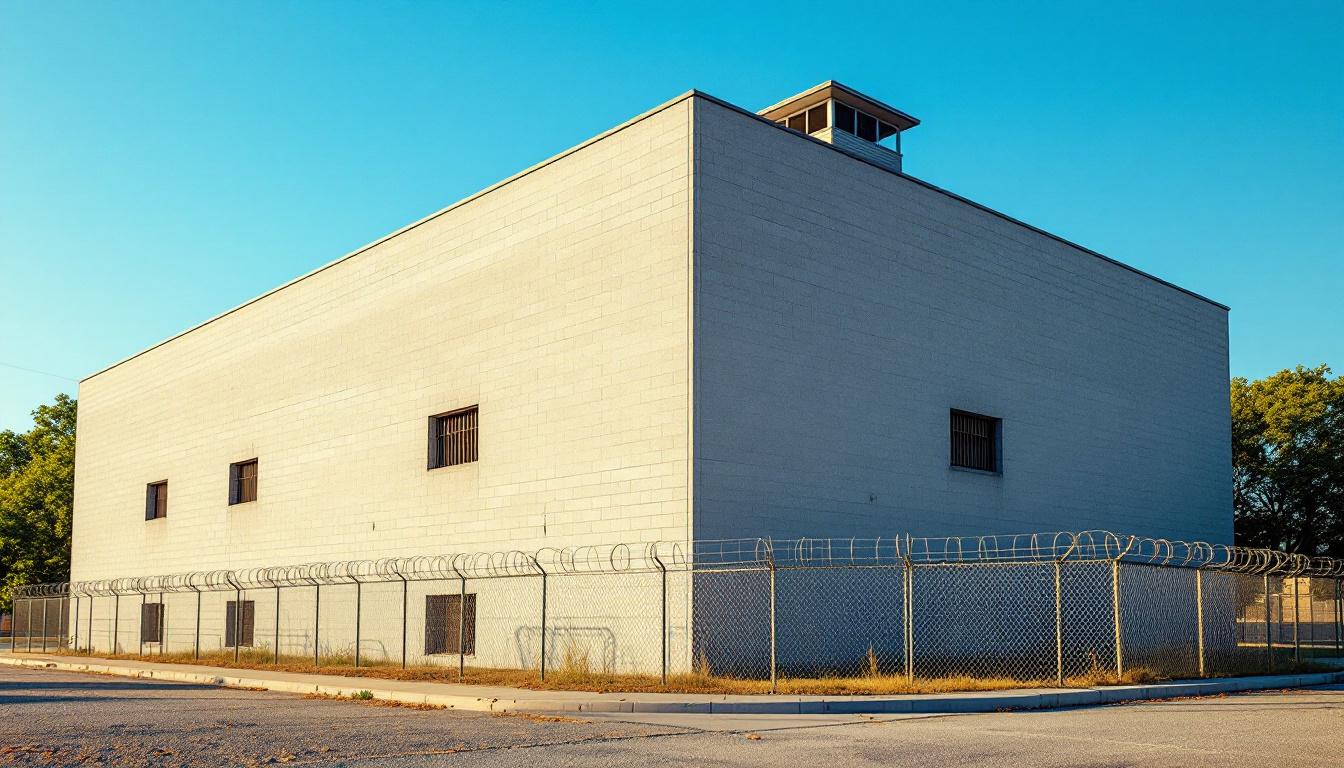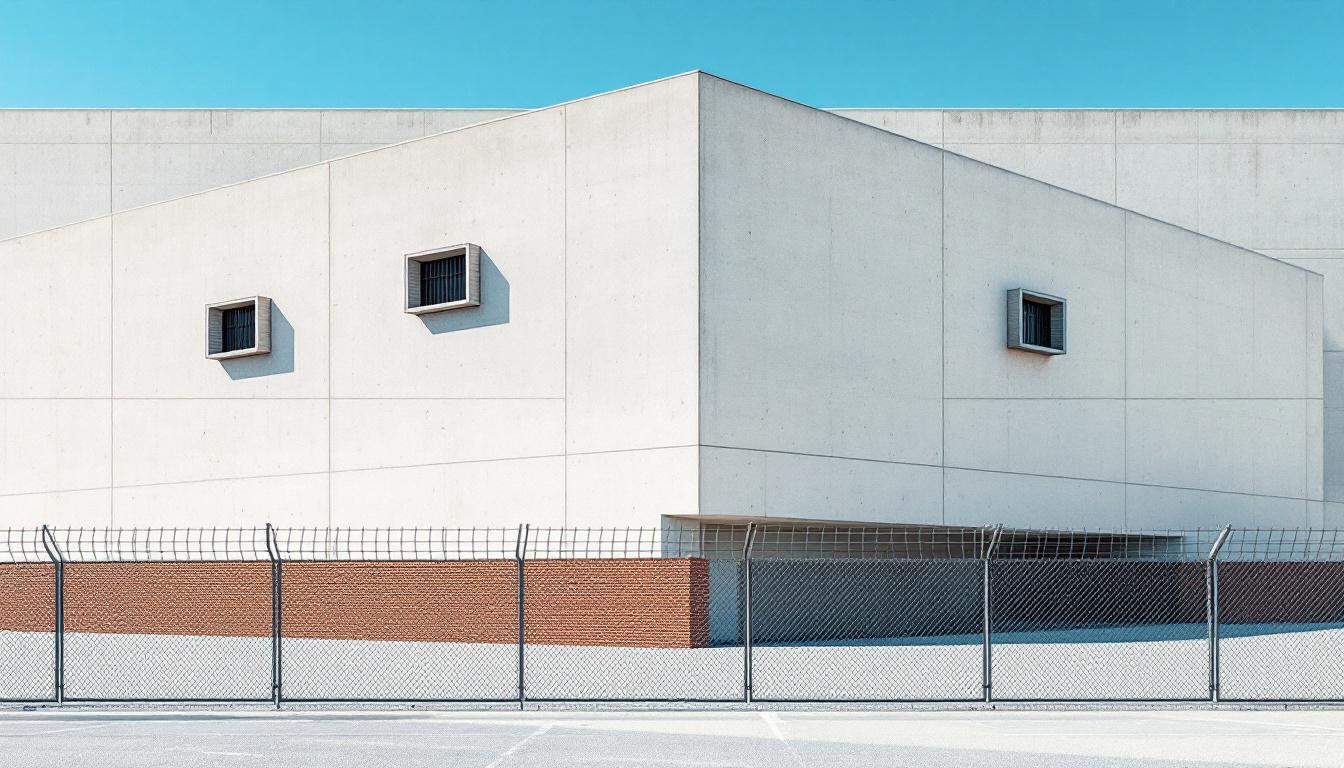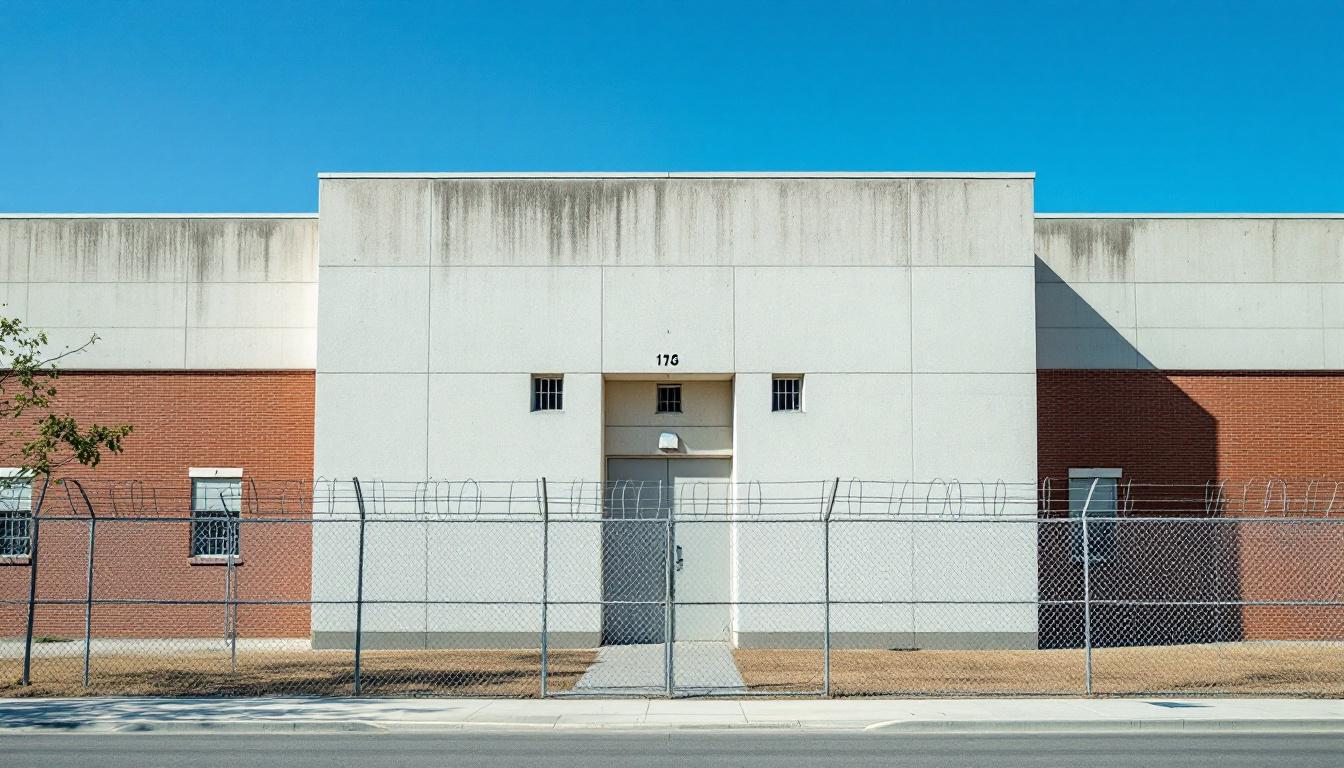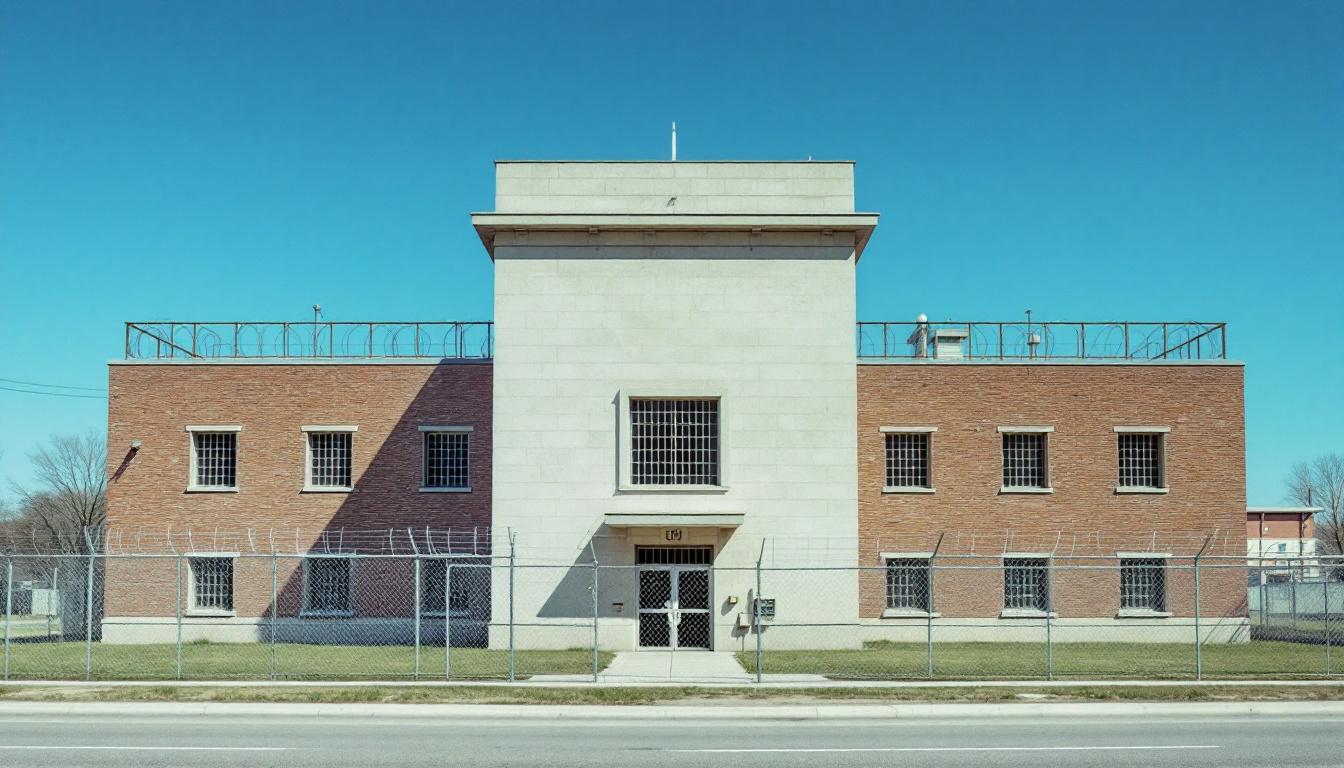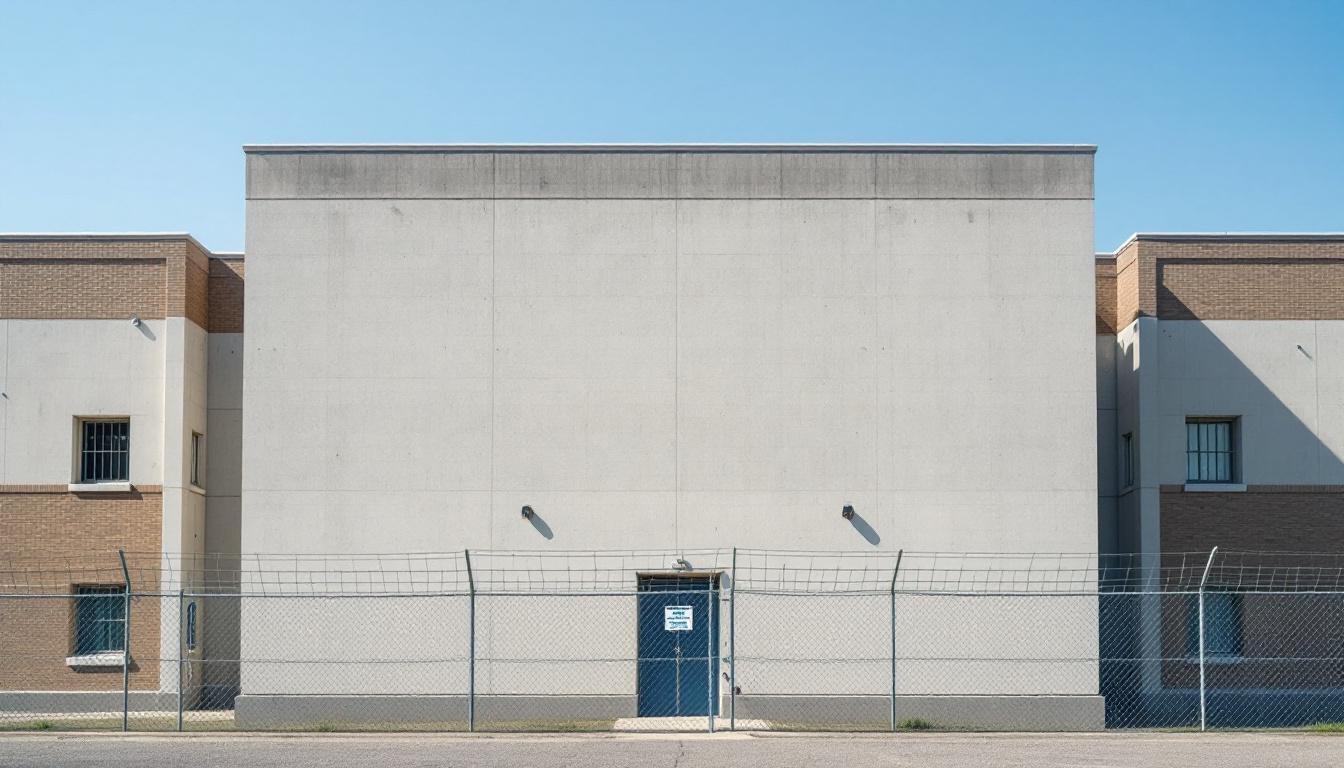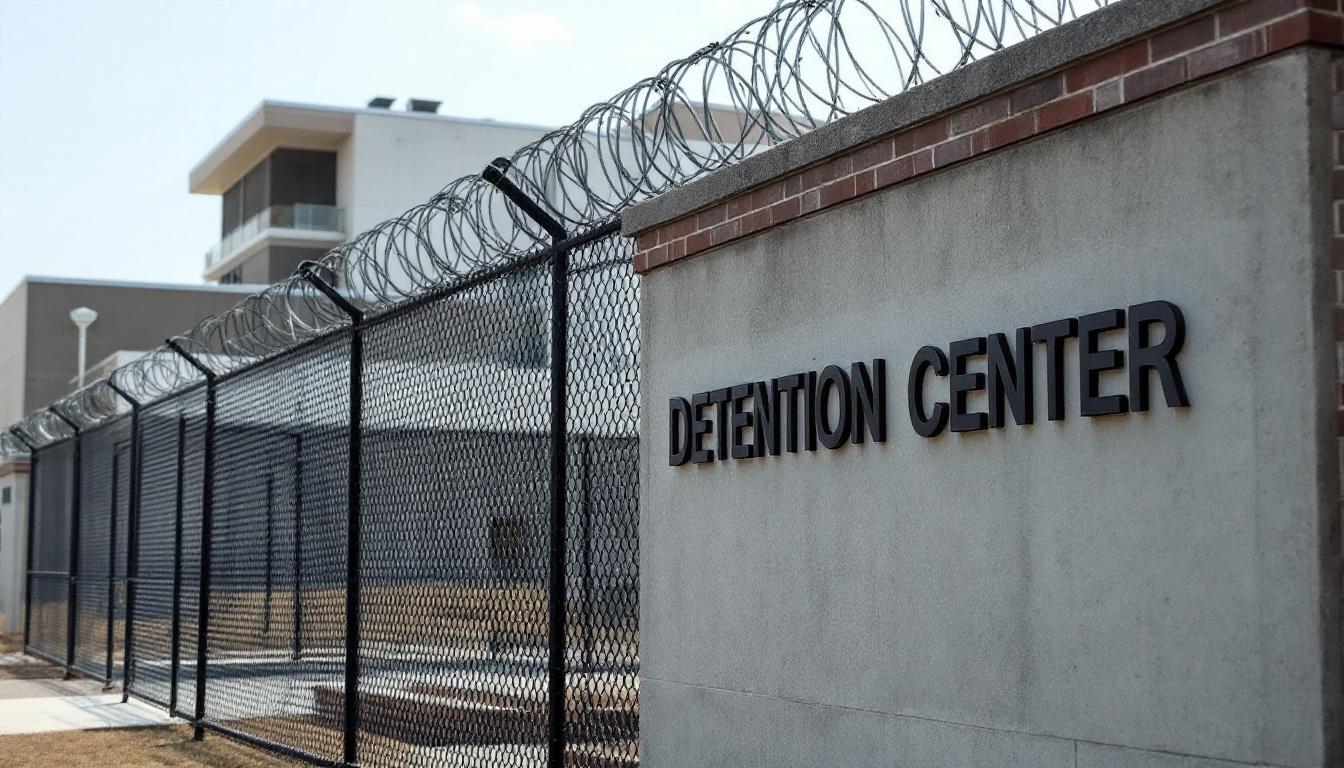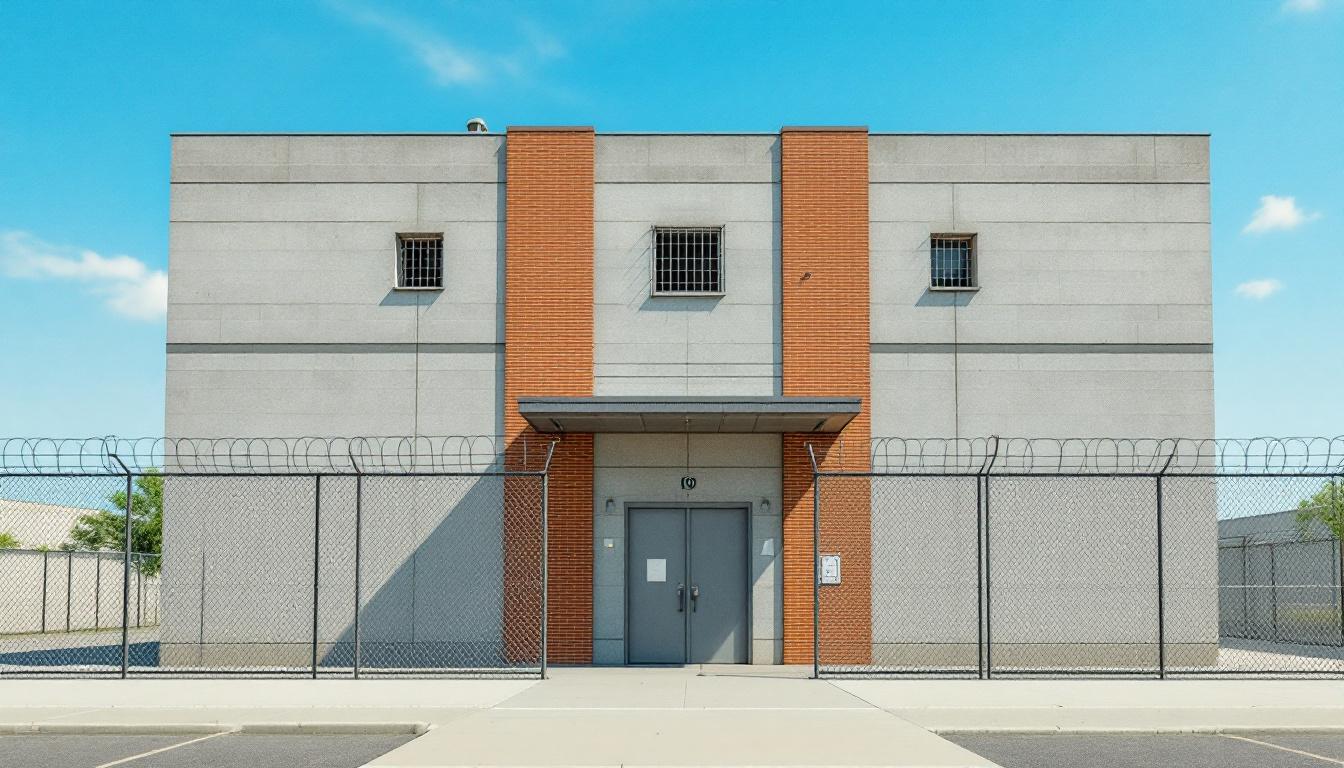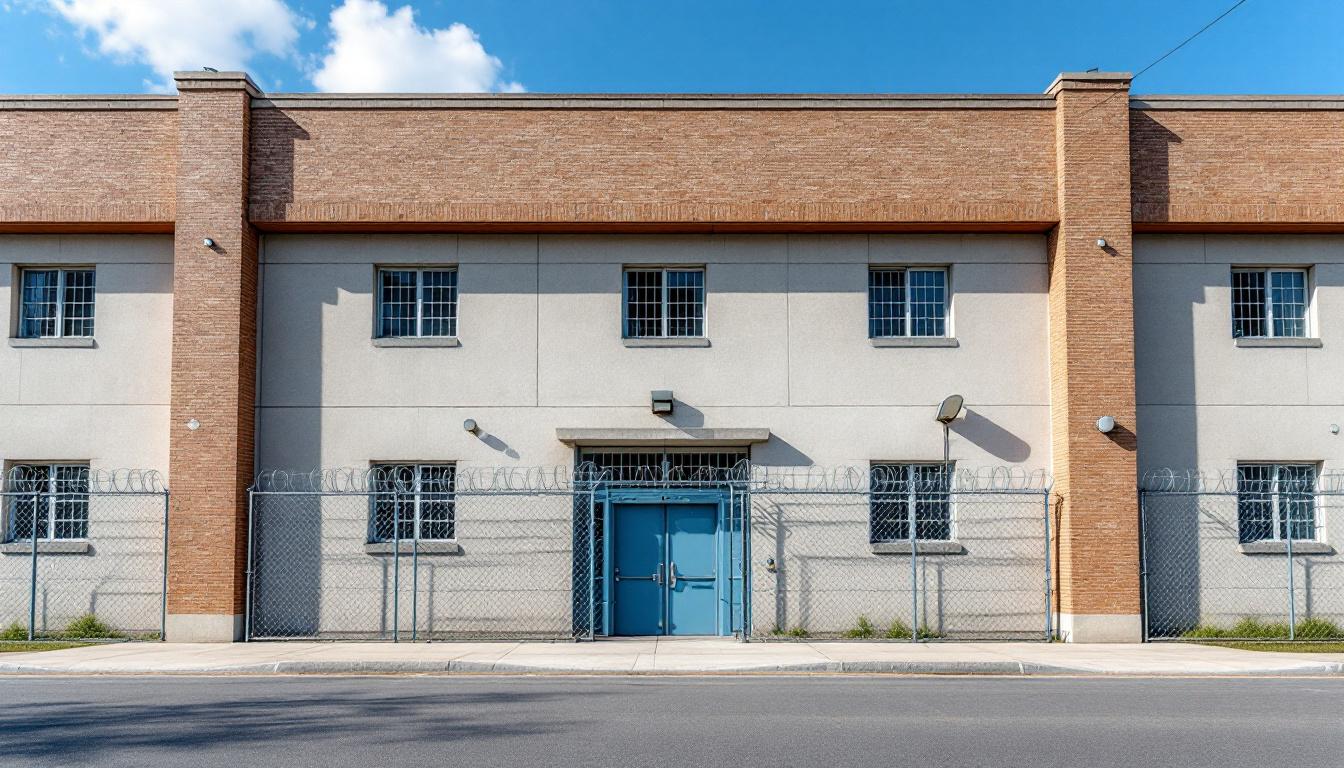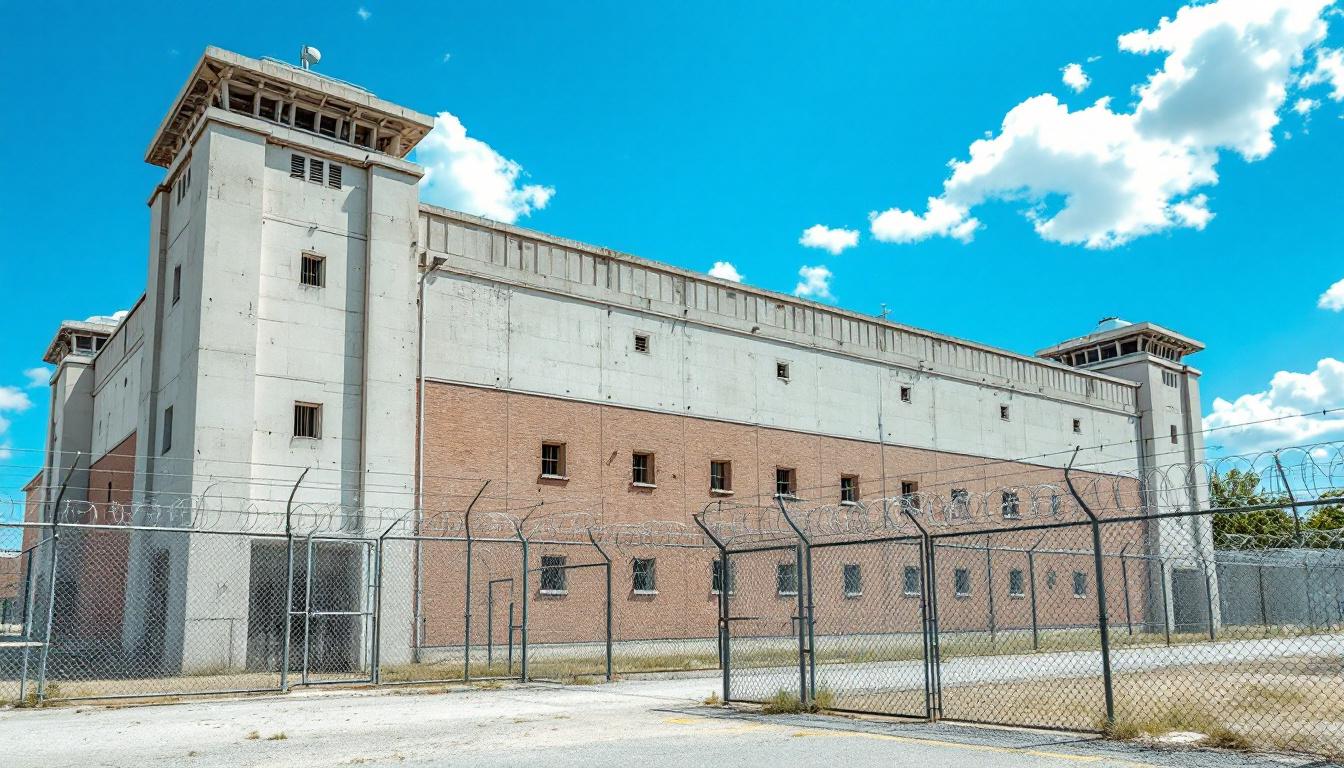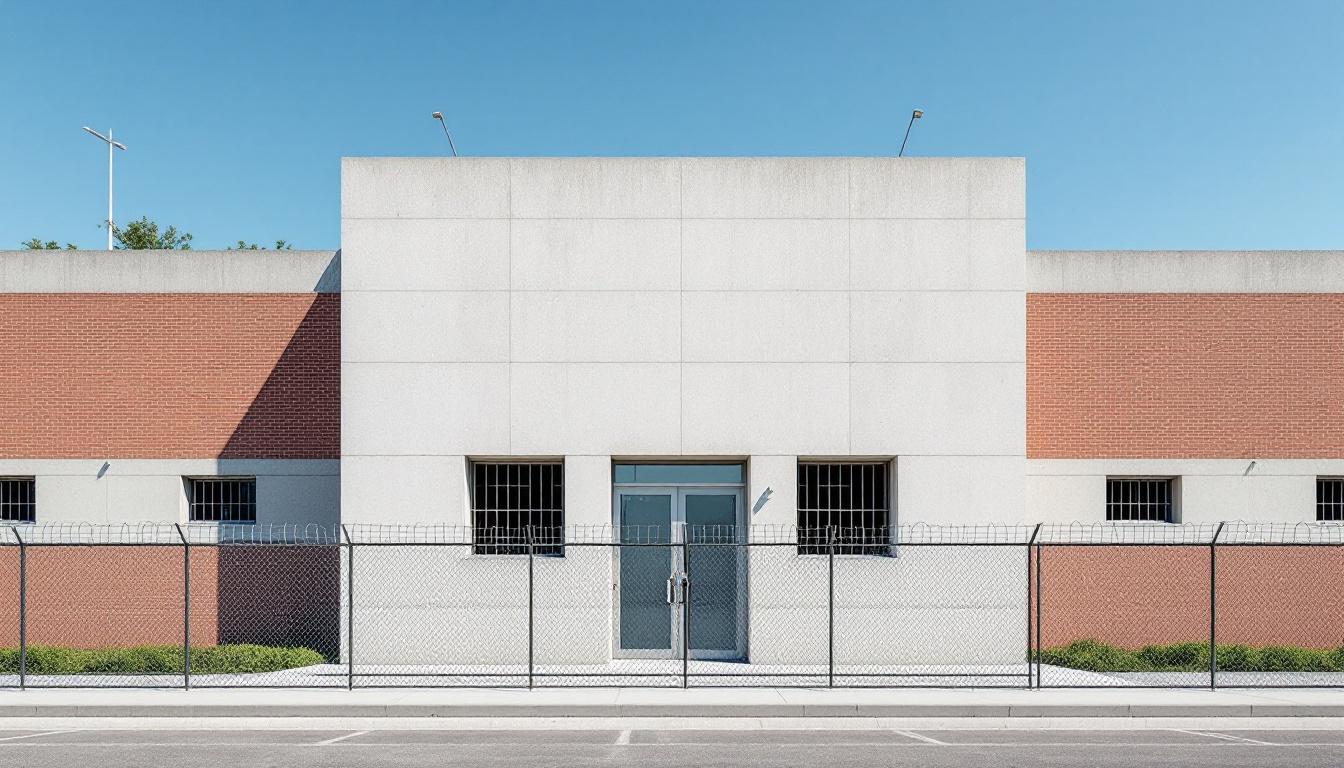
Quick Navigation
How to contact an inmate at Catawba County Detention Facility
This comprehensive guide will walk you through how to connect with an inmate at Catawba County Detention Facility. Follow the steps below to find an inmate and send letters and photos:
- Search for the inmate using our search tool below
- Create your account or log in to Penmate
- Write your message (up to 6,000 characters)
- Send instantly - inmates receive printed copies daily
Find an Inmate
Search for an inmate to start communicating today
Tip: You can search by first name, last name, or inmate ID number
To contact a person at Catawba County Detention Facility start by searching for the person on the official facility website. Perform a search by following these steps:
- Step 1: Enter their first name and last name into the search form and click "Search"
- Step 2: Locate their inmate record
- Step 3: Write down their Inmate ID and any housing information provided
Important! Be sure to enter the person's full name. Nicknames should not be used.
How to Send Messages to Inmates

You can use your phone or computer to send emails, letters, and photos to an inmate. Messages are sent electronically to inmate tablets or kiosks at the facility. If you would like to send a message, start by searching for an inmate at Catawba County Detention Facility.
Sending Photos and Postcards

A great way to send love and support to a loved one at Catawba County Detention Facility is to send photos and postcards. It only takes a few minutes to send photos from your phone and it makes a huge difference. You can also mail postcards with words of support and inspiration, or design your own postcard for special moments like birthdays and holidays.
Important! Be sure not to send any explicit photos or they may not be approved by the facility. You can also use a photo printing app like Penmate to make sure your photos are printed at the correct size (4x6 or 3x5) and are mailed according to the rules and regulations of Catawba County Detention Facility.
Frequently asked questions about Catawba County Detention Facility
-
How long does it take to deliver a message?
If you're sending an email message your letter is usually delivered within 24-48 hours. For messages sent via mail you should expect delivery within 3-7 days. All messages will need be approved by Catawba County Detention Facility.
-
How much does it cost to send a message to Catawba County Detention Facility?
You can send a message free using your phone or mail a message via USPS for the price of a $0.60 stamp and envelope. You can also purchase credits or e-stamps from services starting at $1.99.
-
What services can I use to contact an inmate at Catawba County Detention Facility?
Penmate
You can use Penmate to send letters and photos to an inmate from your phone. It's an easy way to stay in touch during your loved one's incarceration. Use the inmate locator to find an inmate's location and contact information, then you can send messages within a few minutes.
Securus messaging
Securus may be another option for communicating with an inmate at Catawba County Detention Facility. You can create a friends and family account and purchase credits to send messages. All messages will be reviewed and must be approved by the facility.
JPay
Some county jails and state prisons may support sending messages with JPay. You must register an account with the system, find your loved one, and purchase stamps to send messages. For some locations you can also attach photos.
Smart Jail Mail
You may also check if Smart Jail Mail is available at Catawba County Detention Facility. Smart Jail Mail is operated by Smart Communications and has contracted with some state and county jails. After purchasing credits, your messages and photos are sent to the facility, printed out, and then handed out to your loved one.
-
What is the mailing address of Catawba County Detention Facility?
Mailing address:
Catawba County Detention Facility
100 Government Dr
Newton, NC 28658
Phone: (828) 465-8999Business hours:
- Monday: Open 24 hours
- Tuesday: Open 24 hours
- Wednesday: Open 24 hours
- Thursday: Open 24 hours
- Friday: Open 24 hours
- Saturday: Open 24 hours
- Sunday: Open 24 hours
-
What are the visiting hours at Catawba County Detention Facility?
Visiting hours at Catawba County Detention Facility vary by housing unit and security level. Generally, visits are scheduled on weekends and holidays, with some facilities offering weekday visits. Contact the facility directly at (828) 465-8999 or check their website for the current visiting schedule. Visits typically last 30-60 minutes and must be scheduled in advance.
-
What items are prohibited when sending mail to Catawba County Detention Facility?
Prohibited items typically include: cash, personal checks, stamps, stickers, glitter, glue, tape, staples, paperclips, polaroid photos, musical or blank greeting cards, hardcover books, magazines with staples, and any items containing metal or electronics. Only send letters on plain white paper with blue or black ink. Photos must be printed on regular photo paper (no Polaroids). Always check with Catawba County Detention Facility for their specific mail policies.
-
How do I send money to an inmate at Catawba County Detention Facility?
You can send money to an inmate at Catawba County Detention Facility through several methods: 1) Online using JPay, Access Corrections, or the facility's approved vendor, 2) Money orders mailed directly to the facility with the inmate's name and ID number, 3) Kiosks located in the facility lobby, or 4) Over the phone using a credit or debit card. Fees vary by method, typically ranging from $2.95 to $11.95 per transaction.
-
Can I schedule a video visit with an inmate at Catawba County Detention Facility?
Many facilities now offer video visitation as an alternative to in-person visits. At Catawba County Detention Facility, video visits may be available through services like Penmate, Securus Video Connect, GTL, or ICSolutions. Video visits typically cost $10-20 for 20-30 minutes and must be scheduled in advance. You'll need a computer or smartphone with a camera and reliable internet connection. Contact the facility for their specific video visitation policies and approved vendors.
-
What identification do I need to visit an inmate at Catawba County Detention Facility?
All visitors must present valid government-issued photo identification such as a driver's license, state ID, passport, or military ID. Minors must be accompanied by a parent or legal guardian who can provide the minor's birth certificate. Some facilities require visitors to be on the inmate's approved visitation list, which may require a background check. Contact Catawba County Detention Facility for specific ID requirements and visitor approval procedures.
-
How can I find out an inmate's release date?
To find an inmate's release date at Catawba County Detention Facility, you can: 1) Use the online inmate search tool if available, 2) Call the facility's records department, 3) Contact the inmate's case manager or counselor, or 4) Have the inmate provide this information during a call or visit. For privacy reasons, some facilities only release this information to immediate family members.
Facility Overview
Contact Information
Catawba County Detention Facility100 Government Dr
Newton, NC 28658
Phone: (828) 465-8999
Official Website
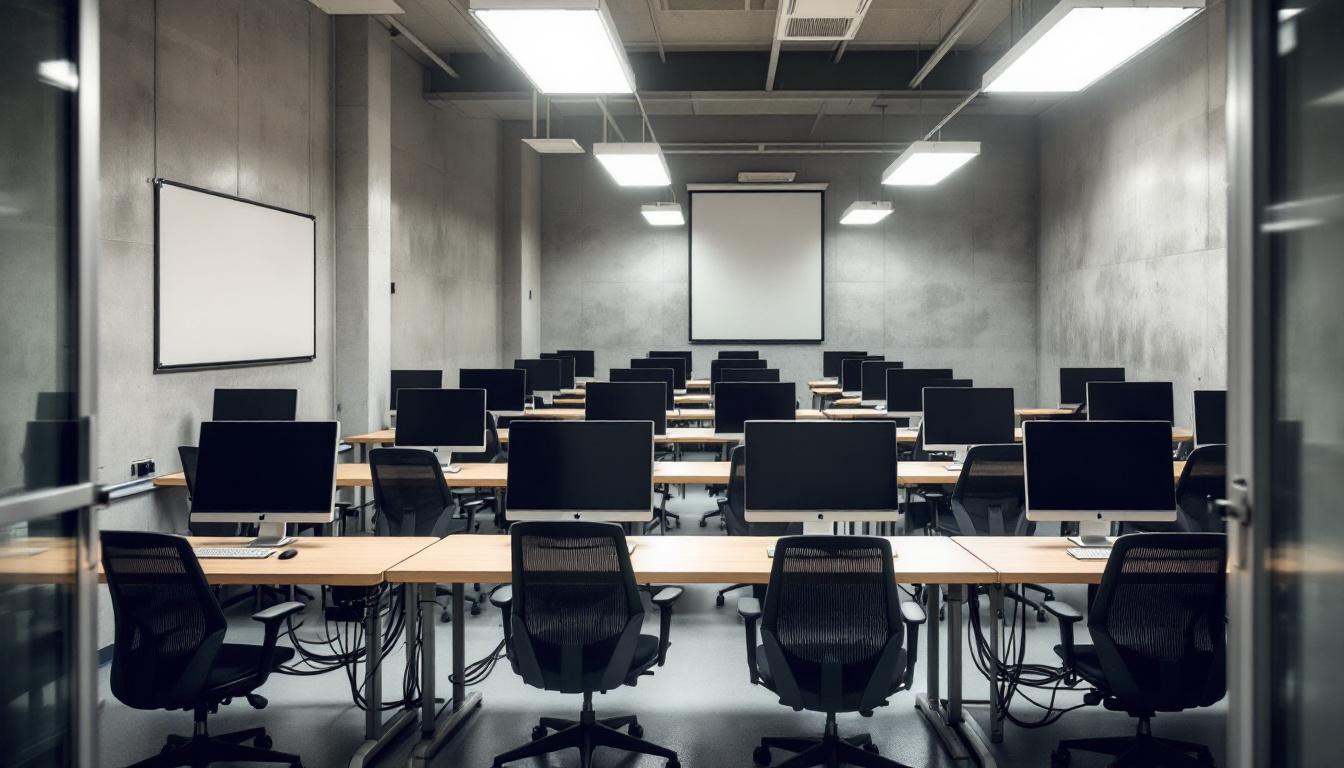
About Catawba County Detention Facility
Detention centers serve as critical transitional spaces within the correctional system, bridging the gap between initial arrest and final case resolution while providing essential services to individuals awaiting trial or sentencing. Operating within this framework, Catawba County Detention, NC functions as an MD correctional facility located in Bel Air, where collaborative partnerships with local agencies typically form the foundation of comprehensive offender management strategies. The facility's approach generally emphasizes maintaining community connections while addressing the immediate needs of the population services require during this uncertain period.
Within Bel Air's correctional landscape, this detention center typically operates through a multi-faceted support system that may include educational programming, substance abuse counseling, and mental health services designed to address underlying factors contributing to criminal behavior. The facility's management philosophy often centers on preparing individuals for successful reintegration, whether through pretrial release programs or post-sentencing transitions. Staff members generally work to maintain family connections through visitation programs and communication services, recognizing that strong community ties often correlate with reduced recidivism rates and more positive outcomes.
The detention center's role in Maryland's broader correctional network typically involves coordinating with courts, social services, and community organizations to ensure continuity of care and support. Programs may include job readiness training, life skills development, and substance abuse treatment, all delivered through evidence-based approaches that acknowledge the diverse backgrounds and needs of the incarcerated population. This collaborative model often extends beyond the facility walls, incorporating family support services and community partnerships that help create pathways for successful reentry and long-term stability.
Programs & Services
Through comprehensive programming designed to address individual needs, Catawba County Detention Center focuses on providing meaningful support that helps prepare the population for successful community reintegration. The facility's approach emphasizes building essential life skills while addressing underlying challenges that may have contributed to incarceration. These programs typically operate with the understanding that effective rehabilitation requires addressing multiple aspects of personal development, from basic education to emotional wellness.
Educational opportunities often include foundational literacy programs alongside computer literacy training that helps participants develop modern workplace skills. The facility may supply vocational training programs that focus on practical, marketable skills in various trades and industries. These educational initiatives typically emphasize hands-on learning experiences that can translate directly into employment opportunities upon release, helping to strengthen family stability and community connections.
Moreover, therapeutic services play a central role in supporting the population's mental health and behavioral change goals. Cognitive behavioral therapy programs are often available to help participants develop healthier thought patterns and coping strategies. The facility typically provides additional therapeutic services that may include group counseling sessions and individual support designed to address substance abuse issues, anger management, and other personal challenges that impact successful reintegration into family and community life.
Daily Life & Visitation
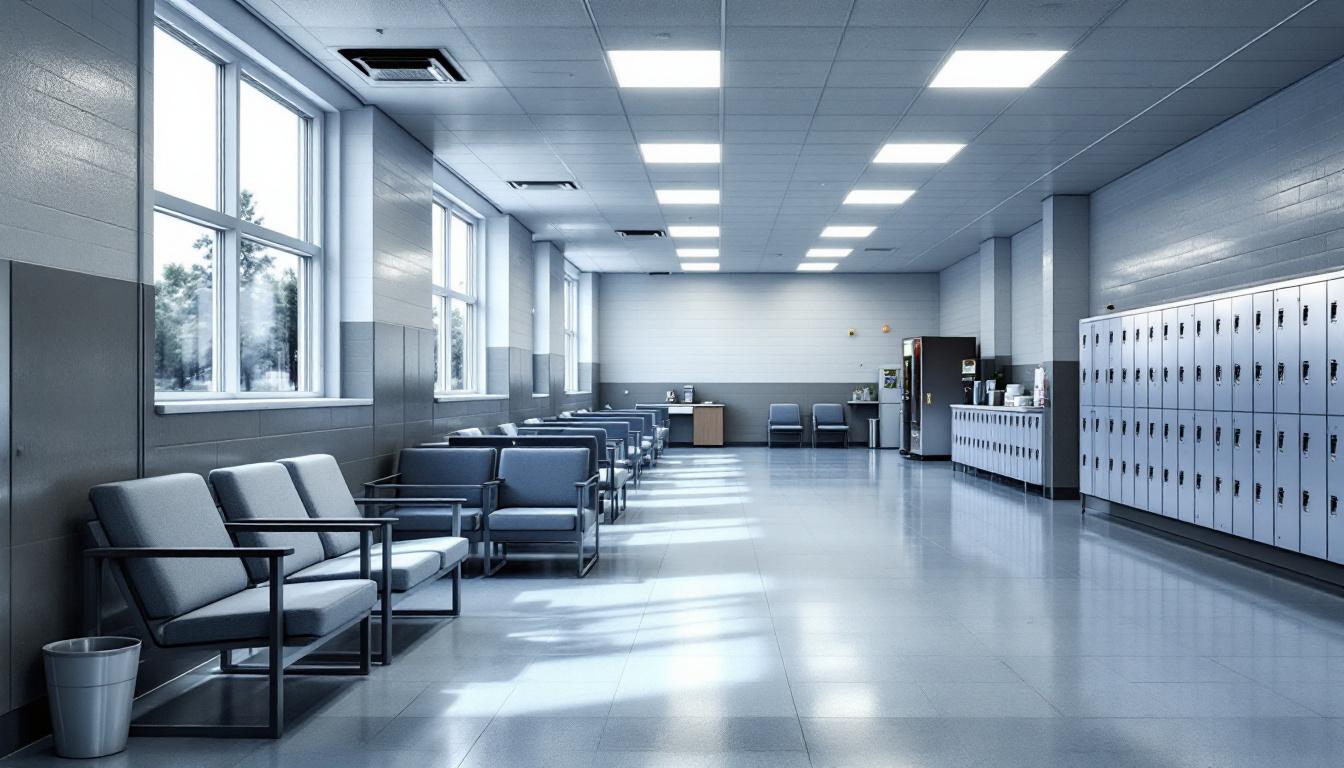
Organizational systems at Catawba County Detention shape every aspect of the population's experience, creating predictable routines that provide structure throughout each day. Today's schedule typically begins with early morning counts and meal service, followed by consistently scheduled activities that may include work assignments, educational programming, or recreational periods. The facility generally operates on a structured timeline that helps maintain order while providing opportunities for the population to engage in productive activities.
Housing units at the facility are organized to accommodate different classification levels and security needs. The population typically resides in dormitory-style or cell-based housing, depending on their classification status and the facility's current capacity. Meals are usually served in designated dining areas or housing units, with the population following scheduled meal times that help maintain facility operations. Personal property is generally limited to approved items, and commissary services may be available to supplement basic necessities.
Moreover, recreational opportunities often include access to exercise areas, television viewing, and reading materials that supply structured downtime for the population. Work assignments within the facility typically involve maintenance, food service, or cleaning duties that help maintain daily operations. Whereas recreation provides physical outlets, visitation and communication systems allow the population to maintain connections with family members through scheduled visits and phone privileges. Programming schedules may include educational classes, substance abuse counseling, or other rehabilitative services designed to support the population during their time at the facility.
Ready to Connect?
Start communicating with your loved one today
Search for an Inmate
